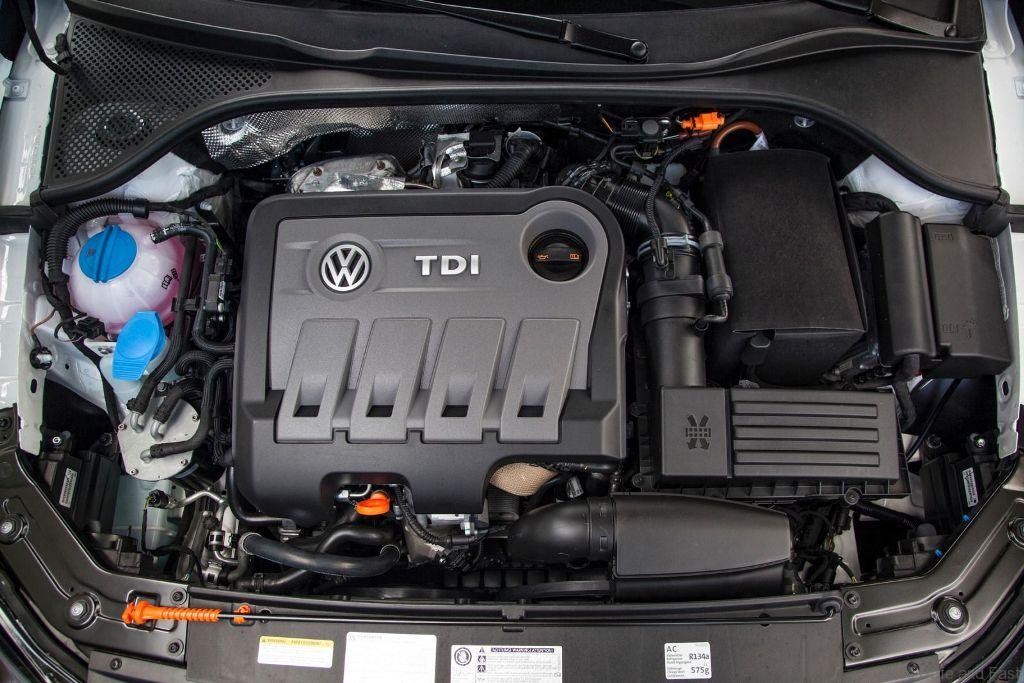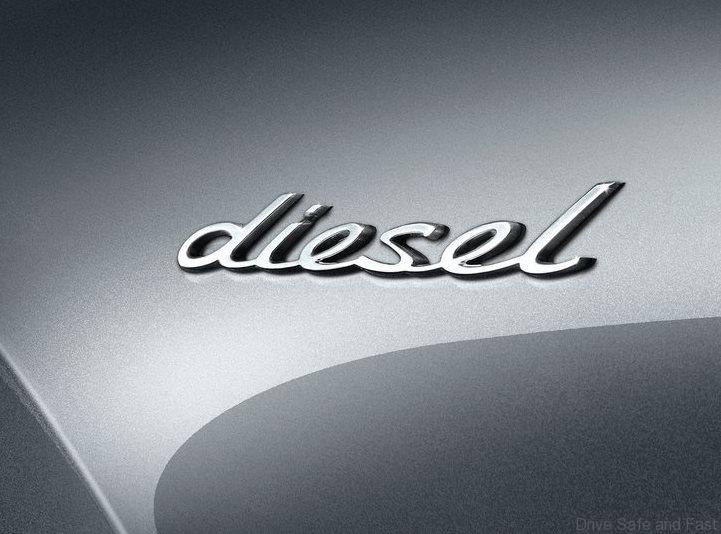“The cost of treating diesel exhaust is simply too high and carmakers have lost a lot of credibility in the debate about when it’s acceptable to reduce emissions controls,” said Ferdinand Dudenhoeffer, an automotive analyst at the University of Duisburg-Essen’s Center for Automotive Research. “Diesel is over and it’s time to switch to new technologies.”
Diesel bans threaten to upend an industry already challenged by the costs of developing electric vehicles, with BMW CEO Harald Krueger saying the shift isn’t possible without fuel-efficient diesel engines as part of an interim step.
In particular, diesel technology plays a major role in Germany, where the models accounted for about 46 percent of sales last year. It also means thousands of jobs. At Robert Bosch, the world’s biggest car-parts supplier, about 50,000 positions are linked to diesel, with many more at Volkswagen Group and other automakers.
With that in mind and a federal election just over two months away, German Transport Minister Alexander Dobrindt has come out against bans, saying they are an ineffective tool for reducing pollution. Dobrindt has organized a gathering of government and industry executives on Aug. 2 to consider options for updating older diesels.


